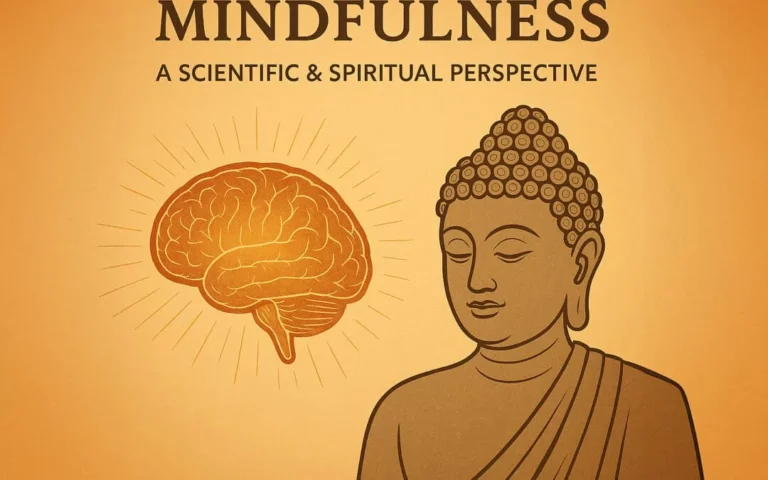Mental health has its fashions, and mindfulness is certainly having a moment. By “mindfulness,” most people mean simple, regular meditative exercises that train attention and awareness. Beyond trends, the question is: does it help?
What recent research suggests
Growing evidence indicates that mindfulness-based approaches can be both helpful and feasible for a range of mental health difficulties. This includes conditions once thought to be poor fits for meditation (for example, experiences like hearing voices or pronounced paranoia) when practices are carefully adapted and used with clinical guidance. In depression, where relapse risk increases after each episode, mindfulness training is being used to interrupt the “rekindling” cycle and support long-term recovery.
How mindfulness may help in depression
Research on Mindfulness-Based Cognitive Therapy (MBCT) points to benefits that often include:
- Greater sense of control over early symptoms and “mood momentum.”
- More acceptance of difficult thoughts and feelings (less struggle, more space).
- Improved relationships through better emotion regulation and presence.
- A productive tension the authors call “struggle”—balancing acceptance of what is with efforts to change what helps.
It’s worth noting that MBCT is a package: mindfulness practices are woven together with cognitive-behavioral skills. In other words, the gains come from the combination rather than mindfulness alone.
Getting started (safely)
If you’re curious, begin with a brief, structured practice led by clear instructions. This simple breath-counting meditation is a good, low-friction entry point you can try for 5–10 minutes a day. As with any new skill, consistency matters more than intensity.
Mindfulness is generally safe, but if you’re in acute crisis or have complex symptoms, it’s best to work with a qualified clinician or experienced teacher. Practices can be tailored—shorter sessions, eyes open, movement-based exercises—to fit your needs.
Pair mindfulness with what works
Mindfulness usually isn’t a standalone cure. It tends to work best alongside evidence-based treatments such as cognitive behavioral therapy. If access is a barrier, you might explore options like computerised CBT to build core skills in thinking and behavior change.
Physical activity is another powerful mood stabilizer. Even brief, regular movement can improve sleep, energy, and outlook. See our guide on how exercise helps you beat depression for realistic ways to start when motivation is low.
Learn more
For an accessible overview of the science, benefits, and precautions, the U.S. National Institutes of Health offers a clear primer: “Mindfulness Meditation: What You Need to Know.”
Bottom line
The evidence is steadily accumulating: mindfulness practices—especially as part of MBCT—can help reduce depressive relapse and improve day-to-day functioning. Start small, keep it consistent, and consider pairing mindfulness with CBT strategies and gentle exercise for the strongest, most sustainable results.


